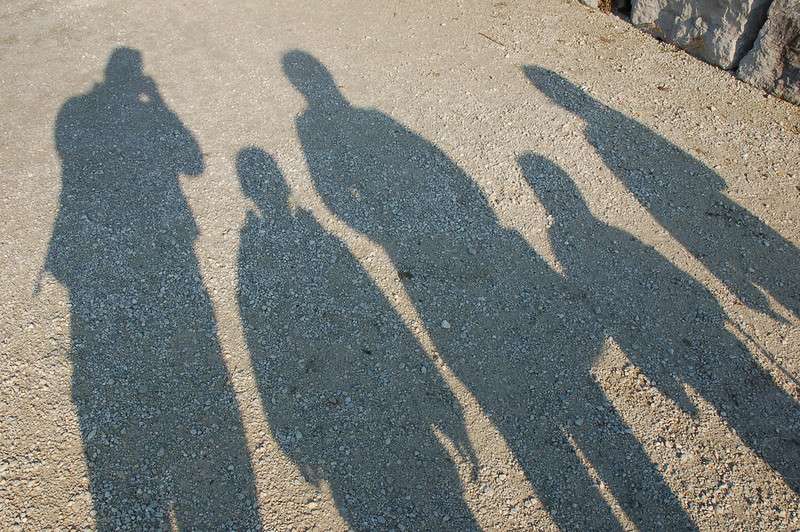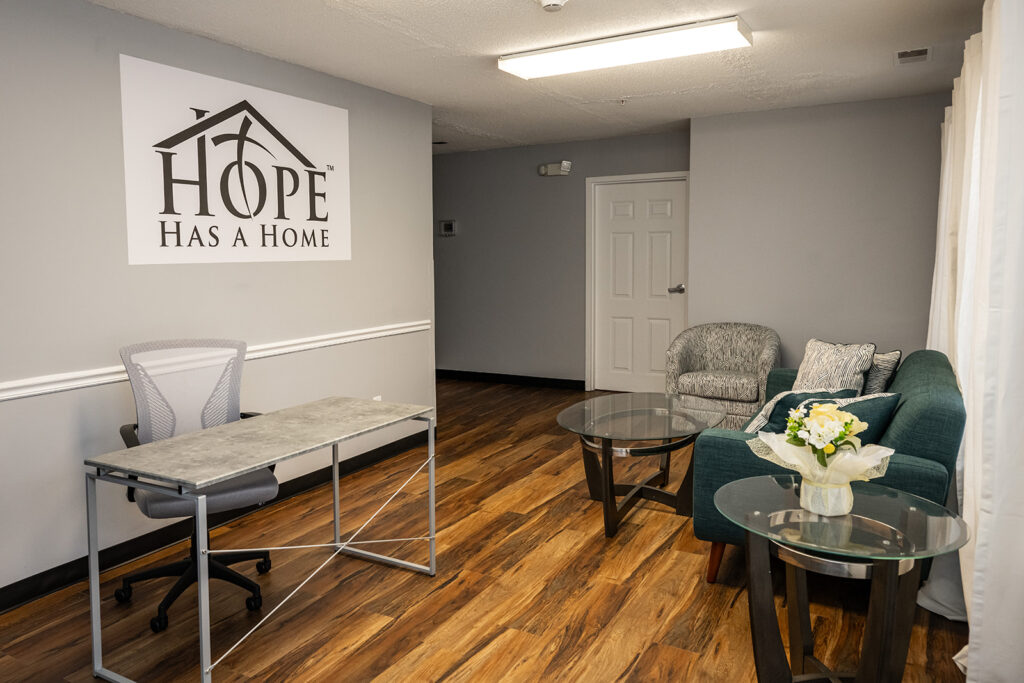The U.S. Department of Housing and Urban Development (HUD) released its 2008 Annual Homeless Assessment Report earlier this month, a yearly report to Congress that examines homelessness trends nationwide.
It found that although the overall number of sheltered homeless persons has remained fairly constant since 2007, the number of homeless families seeking shelter rose by 9% overall from the previous year and by 56% in rural and suburban areas.
HUD also announced that, for the first time, it will begin measuring rates of homelessness on a quarterly basis, as opposed to the annual reporting done up to now.
The Department has labeled this effort the “Homeless Pulse Project” and hopes it will provide a better understanding of the effect the financial crisis has had on homelessness, as well as a more accurate assessment of trends in homelessness.
HUD Secretary Shaun Donovan said, “The annual report tells us a great deal, but it also begs many questions about how today’s housing crisis and job losses are playing out in our shelters and on our streets … With our new Quarterly Homeless Pulse Report, we will be able to better understand the impact of the current economic crisis on homelessness across the country.”
Washington, D.C. was one of the nine geographically diverse areas studied for the first quarterly assessment of the Homeless Pulse Project for 2009. It found that from January through March, the number of homeless individuals in Washington rose from 5,907 to 5,983, an increase of 76 persons. It also found that approximately 60% of D.C.’s homeless are individuals, while the other 40% are persons in homeless families.
Following the annual report’s release just over a week ago, HUD Secretary Donovan awarded a $7.4 million grant to the District of Columbia to combat homelessness. The funding was made available through the American Recovery and Reinvestment Act of 2009, and with it HUD seeks to provide housing for the homeless and to prevent more individuals and families from becoming homeless as a result of the economic recession.
The grant will provide short- and medium-term assistance. This could include rental assistance for up to 18 months, security and utility deposits and payments, moving assistance, and hotel vouchers. The funding will also be used to rehouse persons who are likely to remain stably housed as a result of the assistance.
“This is money that will not only spare families the hardships of homelessness, but will save taxpayers significant money in the long run,” said Donovan. “Often times, a little bit of financial assistance can make all the difference between finding a stable home and being forced to live in a shelter or on the streets.”








